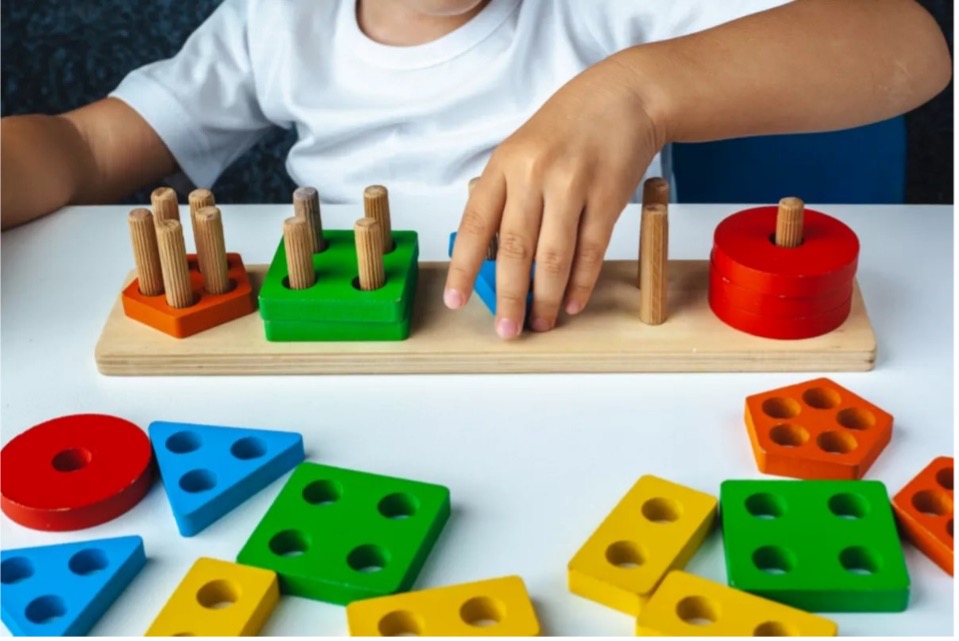Occupational therapy helps children gain independence while also strengthening the development of fine motor skills, sensory motor skills, and visual motor skills that children need to function and socialize.
Children may require occupational therapy with or without the presence of a medical condition. Kids with the following medical conditions are considered to be ‘at risk’ for delays in skills impacting participation in home and school environments.

Ultimately the end goals are participation in meaningful activity, developing the skills that are important for success at school, and achieving a quality of life by reaching their full potential.